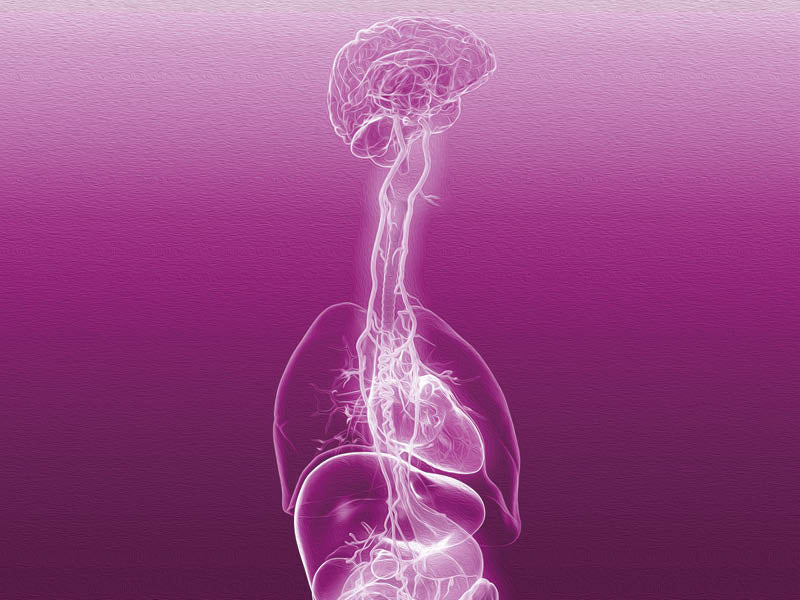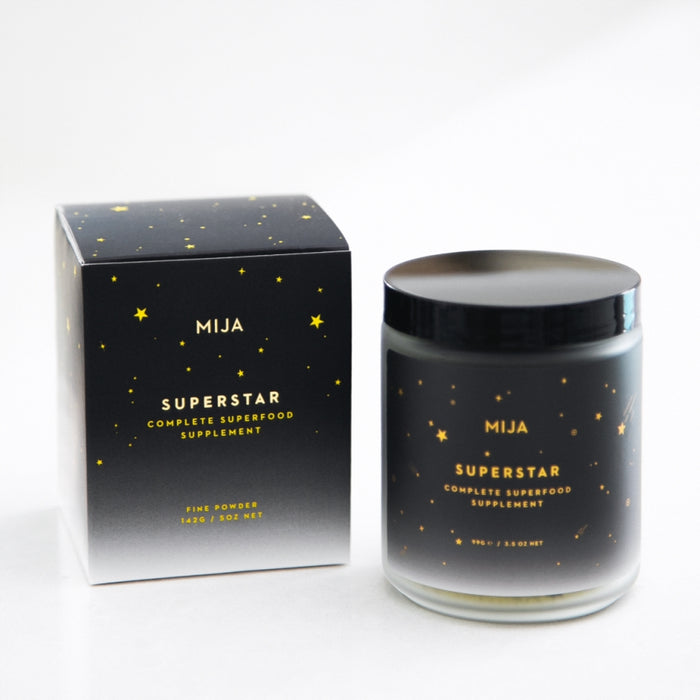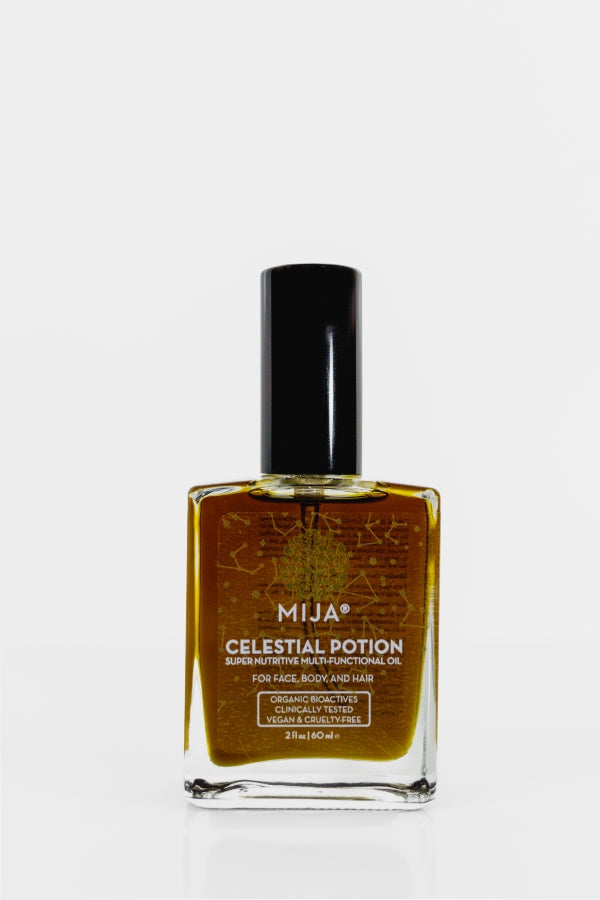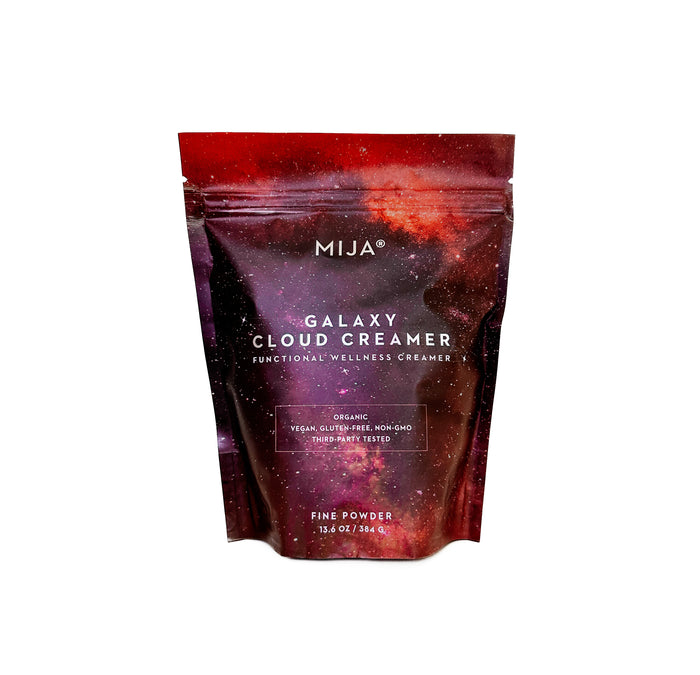

The Ultimate Guide to the Gut-Brain Axis
Gut-Brain Axis Defined:
The phrase “gut-brain axis” is becoming more common in the world of health and fitness? It is the communication network that connects the central nervous system in the brain to the enteric nervous system in the gastrointestinal lining.1 Basically, this means the brain is literally connected to the gut through an incredible communication system.
Importance of a Strong Gut-Brain Axis:
Now you’re probably asking yourself, why do we care about this and why is it becoming so popular? Both the gastrointestinal (GI) system and the brain are constantly facing environmental cues, which tells us what is happening around us and how we should respond, as well as, internal cues, which focuses on our internal body parts and how they are supposed to work.2 The gut-brain axis sends messages to each other to figure out what our body should be doing, like digesting the foods we’re eating. It also communicates in order to bring us back to homeostasis, which is balance within our bodies. In addition, it deals with any inflammation found in the body, by communicating what is happening and how it affects us.1,3,4 As you can see, this communication is very important to our health, especially when it comes to preventing metabolic diseases and optimizing our gut health.
Research is showing that when there is trouble between the communication pathways of the gut and the brain, it is often connected to metabolic diseases, like type 2 diabetes and obesity.1 More commonly, disruption in the gut-brain axis plays a role in GI problems. It is estimated that 30-40% of the general population will at some point in their life have a GI issue. GI issues can include indigestion, nausea, bloating, abdominal pain, and many other negative symptoms.3 Bottom line is that GI problems are so common in the general population and it can all relate back to the gut-brain axis.
Nutrients to Support a Healthy Gut-Brain Axis:
Studies have shown that improving the gut microbiota by introducing new bacteria can actually benefit the gut-brain axis.1 The gut microbiota, found in the intestinal tract, is the home to many different types of little microbes and bacteria that help with metabolism, nutrition, physiology, and immune function. Research has shown over the last 15 years the gut microbiota plays a huge role in regulating this communication between the gut and brain. And something to think about with this topic is that microbes have been on the earth much longer than humans have, it is estimated to be hundreds of millions of years longer, and so our bodies have always used these microbes to talk and communicate to other parts of our bodies, like the gut and the brain.4 For this reason, supporting your gut microbiome can also support your gut-brain axis. Here are some nutrients for gut- brain axis support:
● Vitamin C can improve digestion, by producing collagen, a protein that helps breakdown proteins and carbohydrates, as well as, prevent the growth of bad bacteria in the gut.5 Moringa leaf, camu camu, goji berries, and goldenberries are all good sources of vitamin C.
● Folate helps activate the creation of certain digestive acids that help break down the food we are eating.6 Avocado and nutritional yeast are great examples of sources of folate.
● Vitamin B12 is similar to folate in the way it helps with making digestive enzymes to break down our food.6 Food sources include goldenberries and nutritional yeast. ● Vitamin K has been shown to also increase the amount of good bacteria and microbes in the gut, as well as lower inflammation.7 Avocado is a great source of vitamin K.
● Vitamin A helps diversify the gut microbiota with different bacteria and microbes while also keeping the gut in balance.8 Food sources include matcha, goji berries, goldenberries, and chlorella.
● Vitamin D works the same as vitamin A in the gut, by bringing diversity and balance.8 Goldenberries are a great source of vitamin D and one of the few fruits, and natural food sources that has it.
● Zinc is very important for gut health. It soothes the digestive system, helps heal the cells that line the intestinal system, and fights inflammation.9 Chlorella is a particularly noteworthy natural source, plant-based source of zinc.

Top Tips to Optimize Your Gut-Brain Axis:
● Alter your diet to include less processed, sugary, and fried foods. These types of food feed the bad bacteria and microbes, causing imbalance, while also disrupting the gut’s intestinal walls by making them weak and open to leaks.5 Check out our past post on Everything You Need to Know About Leaky Gut Syndrome.
● Increase fermented foods, examples include yogurt, kombucha, tempeh, miso, sauerkraut. Fermented foods are natural sources of probiotics which provide beneficial, supportive microbes to the gut and strengthen its walls.10
● Increase fibrous foods, like avocados, lentils, apples, and broccoli. Foods high in fiber are also really good at producing good bacteria and microbes.11
● Exercise daily. Any type of exercise will help like yoga, running, walking, and lifting weights. Research shows that increasing exercise can increase the amount of good bacteria and microbes in the gut microbiota.12
● Enjoy 1 serving of Superstar daily. It is jam-packed with whole foods, such as matcha, moringa, camu camu, goji berries, goldenberries, avocado, nutritional yeast, chlorella, ginger, and more, to optimize a healthy gut-brain axis.
Quick Summary of All Your Questions Answered:
The gut-brain axis is an important communication system in the body that connects the gut all the way to the brain. They are always communicating with one another trying to figure out what is best for you and your body.1 Since they are always working so hard for you, help them out by providing them with a nourishing diet and consistent fitness routine. Your body will applaud you.
Written by: Meghan Restock, dietetic intern, and Reviewed by: Sarah Koszyk, MA, RDN
References:
1. Agustí A, García-Pardo MP, López-Almela I, et al. Interplay Between the Gut-Brain Axis, Obesity and Cognitive Function. Front Neurosci. 2018;12:155. Published 2018 Mar 16. doi:10.3389/fnins.2018.00155
2. Agirman G, Yu KB, Hsiao EY. Signaling inflammation across the gut-brain axis. Science. 2021;374(6571):1087-1092. doi:10.1126/science.abi6087
3. The Brain-Gut Connection. John Hopkins Medicine. November 1, 2021. Accessed August 30, 2023. https://www.hopkinsmedicine.org/health/wellness-and-prevention/the-brain-gut- connection. 4. Cryan JF, O'Riordan KJ, Cowan CSM, et al. The Microbiota-Gut-Brain Axis. Physiol Rev. 2019;99(4):1877-2013. doi:10.1152/physrev.00018.2018
5. Berding K, Vlckova K, Marx W, et al. Diet and the Microbiota-Gut-Brain Axis: Sowing the Seeds of Good Mental Health. Adv Nutr. 2021;12(4):1239-1285. doi:10.1093/advances/nmaa181
6. Uebanso T, Shimohata T, Mawatari K, Takahashi A. Functional Roles of B-Vitamins in the Gut and Gut Microbiome. Mol Nutr Food Res. 2020;64(18):e2000426. doi:10.1002/mnfr.202000426
7. Lai Y, Masatoshi H, Ma Y, Guo Y, Zhang B. Role of Vitamin K in Intestinal Health. Front Immunol. 2022;12:791565. Published 2022 Jan 5. doi:10.3389/fimmu.2021.791565
8. Cantorna MT, Snyder L, Arora J. Vitamin A and vitamin D regulate the microbial complexity, barrier function, and the mucosal immune responses to ensure intestinal homeostasis. Crit Rev Biochem Mol Biol. 2019;54(2):184-192. doi:10.1080/10409238.2019.1611734
9. Scarpellini E, Balsiger LM, Maurizi V, et al. Zinc and gut microbiota in health and gastrointestinal disease under the COVID-19 suggestion. Biofactors. 2022;48(2):294- 306. doi:10.1002/biof.1829
10. Fermented Foods Can Add Depth to your Diet. Harvard Health. April 19, 2021. Accessed August 30, 2023. https://www.health.harvard.edu/staying-healthy/fermented-foods-can-add-depth-to- your-diet#:~:text=Fermented%20foods%20can%20bolster%20the,to%20keep %20them%20from%20leaking
11. Fu J, Zheng Y, Gao Y, Xu W. Dietary Fiber Intake and Gut Microbiota in Human Health. Microorganisms. 2022;10(12):2507. Published 2022 Dec 18. doi:10.3390/microorganisms10122507 12. Monda V, Villano I, Messina A, et al. Exercise Modifies the Gut Microbiota with Positive Health Effects. Oxid Med Cell Longev. 2017;2017:3831972. doi:10.1155/2017/3831972




